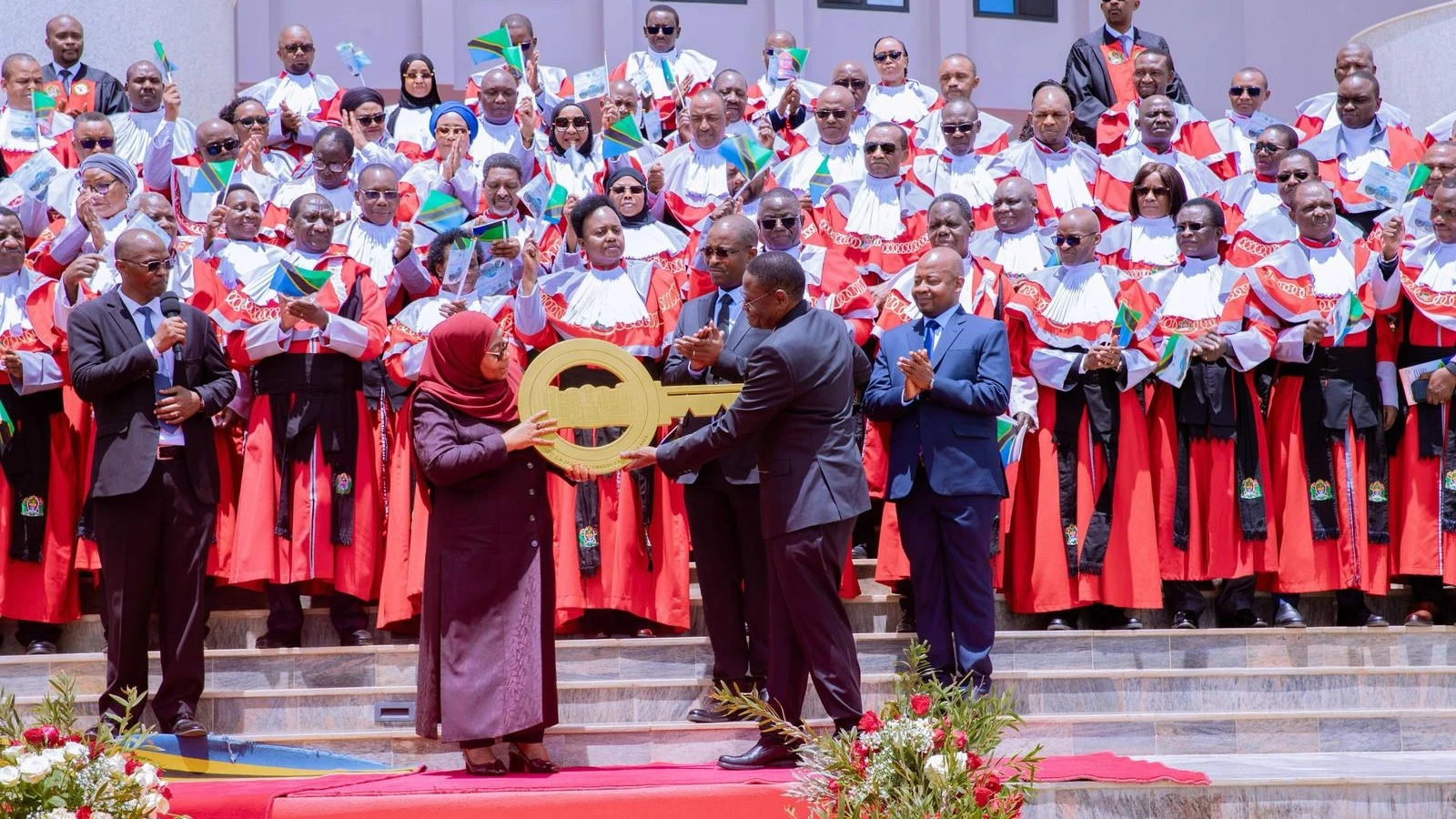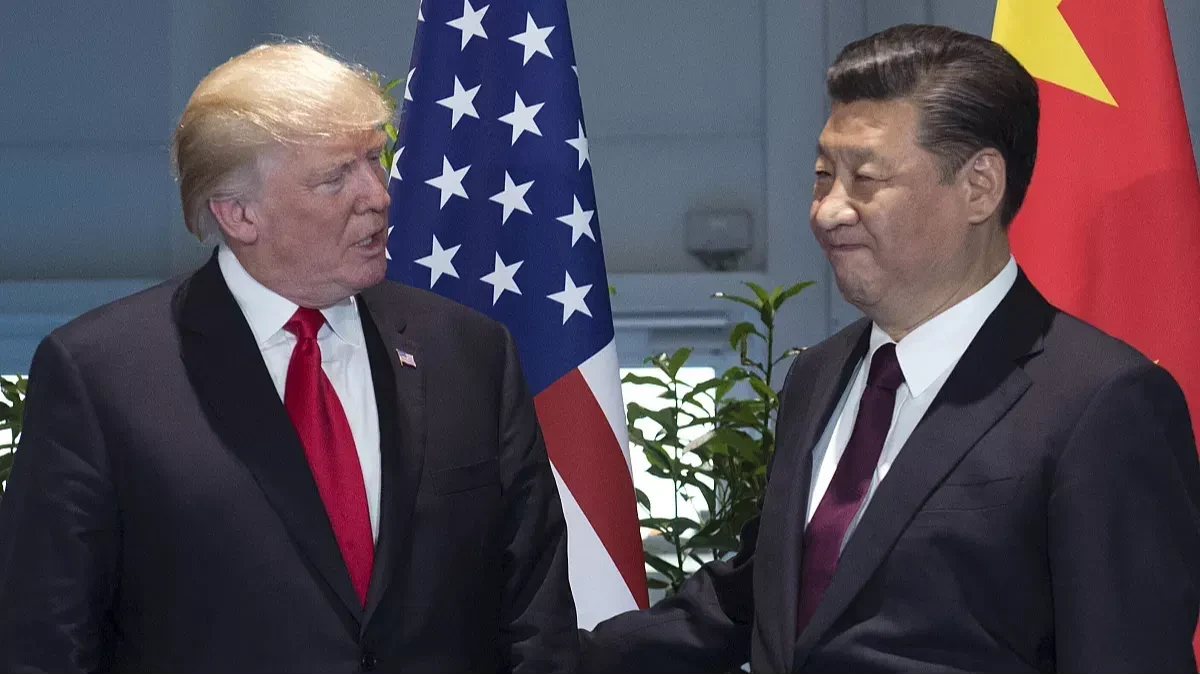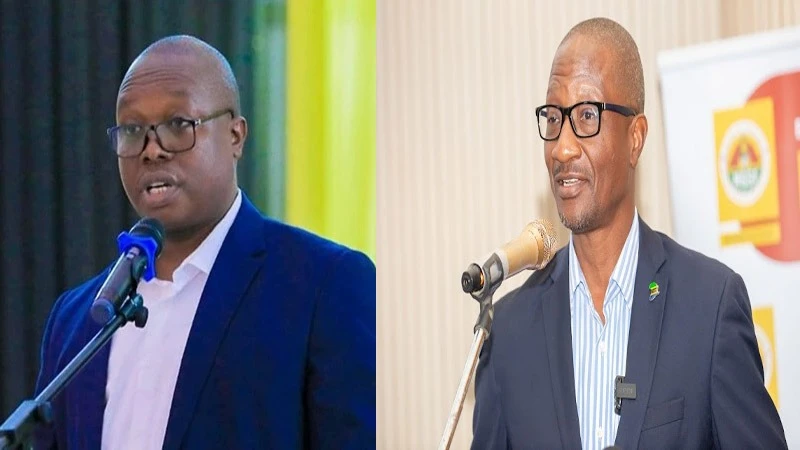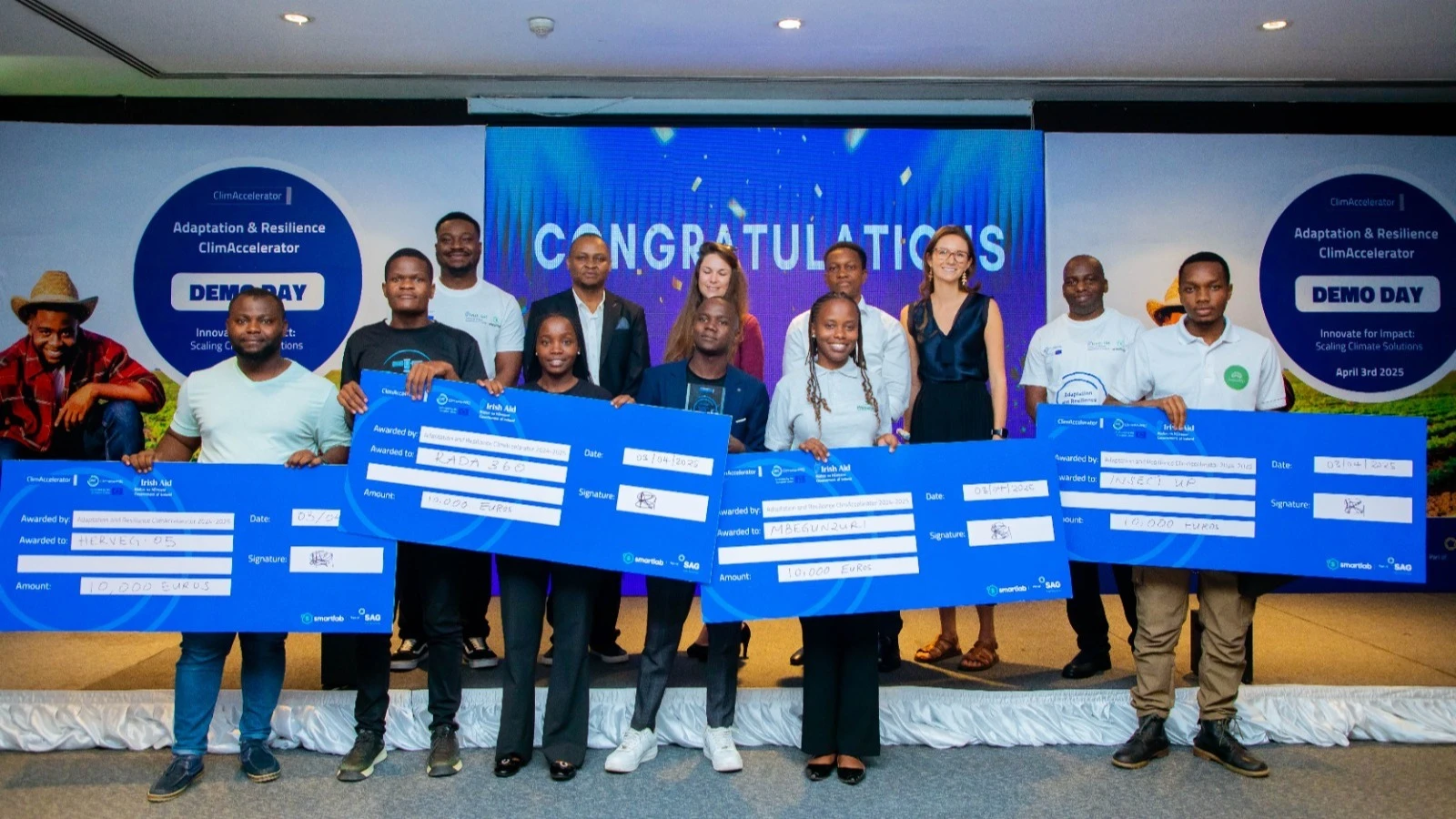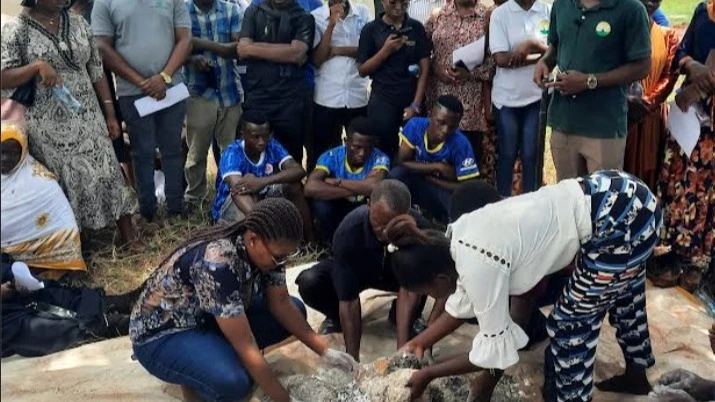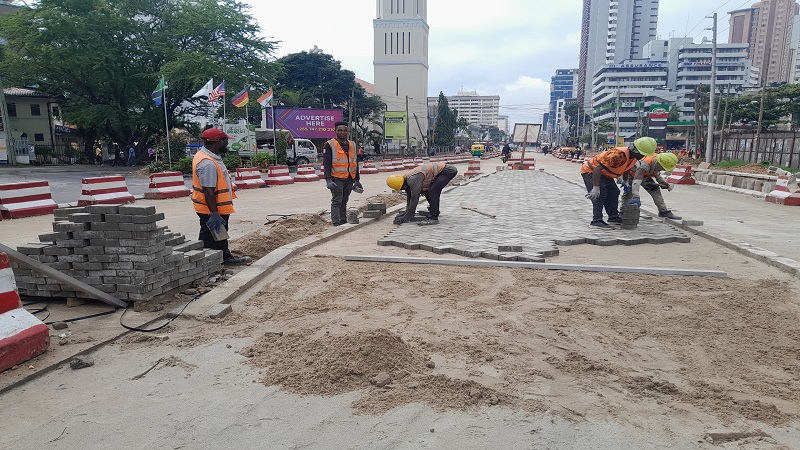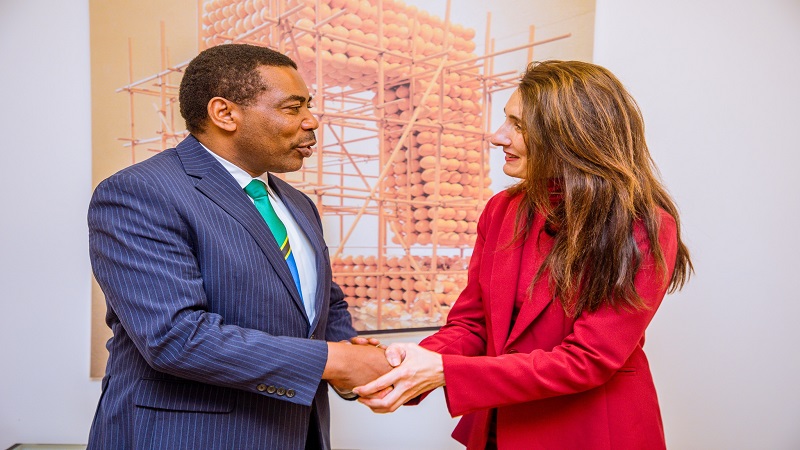‘AI can bridge social inequalities in Africa’

ARTIFICIAL intelligence will be a helpful tool in bridging inequalities and promoting development across the African continent, a global conference on the issue has been told.
Rwandan President Paul Kagame, who delivered the keynote address when opening the Global AI Summit on Africa 2025 here on Thursday, emphasized the role of
AI, underlining that it can reduce inequality “and enable more of our citizens to benefit from its transformative potential."
Doreen Bogdan-Martin, secretary general of the International Telecommunication Union (ITU), underscored the importance of AI in Africa's economic future. "The window is opening for Africa to realize a demographic dividend by 2050," she remarked, highlighting the significant potential for digital transformation across the continent.
The summit, organised by the Centre for the Fourth Industrial Revolution Rwanda (C4IR) and the World Economic Forum, centred on “AI and Africa’s Demographic Dividend: Reimagining Economic Opportunities for Africa’s Workforce,” attracting over 1,000 participants drawn from 95 countries.
The Tanzanian delegation affirmed that the government was committed to embracing emerging technologies, particularly artificial intelligence (AI), to enhance governance and public service delivery.
Prof. Adolf Mkenda, the Education, Science and Technology minister, and Jerry Silaa, his colleague at the Communication and Information Technology portfolio, showcased the country’s AI-driven initiatives, highlighting its AI innovations transforming service delivery in \key sectors such as justice and healthcare.
Their remarks were given at a ministerial roundtable convened by the Tony Blair Institute for Global Change (TBI), as among senior government officials, tech innovators exploring AI’s potential in shaping governance and improving public services.
The communications minister pointed at Tanzania’s significant strides in leveraging AI to enhance the justice system, telling delegates that AI is already transforming Tanzania’s legal sector.
“The Judiciary has developed a specialized Swahili large language model that assists in legal advisory services, helping to reduce human error and streamline judicial processes,” he explained.
The AI-powered tool is poised to make justice more accessible, efficient and transparent, setting the pace for how technology can be harnessed for public service delivery, he stated.
He also pointed at advancements in healthcare, particularly at the Muhimbili Orthopaedic Institute (MOI), where AI and robotics are in the process of revolutionizing services by offering pointed brain surgery.
“Experts at MOI are set to begin performing brain surgeries using advanced AI and robotics technology identified as brain neuro-navigation,” he said, asserting that the cutting-edge innovation will improve precision in surgical procedures.
Top Headlines
© 2025 IPPMEDIA.COM. ALL RIGHTS RESERVED









